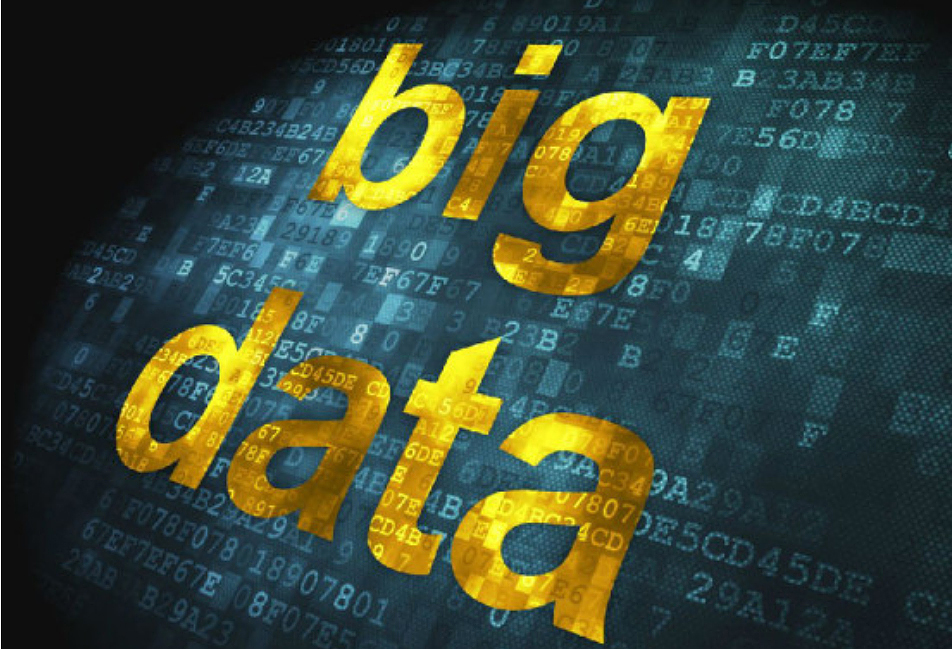Utilized correctly, big data can revitalize social sciences

Armed with big data analytical methods, social science scholars can improve their research capacities.
In order to seize opportunities created by the rapid development of big data, the Communist Party of China Central Committee has put forth a national data sharing strategy that has the potential to strengthen research into public affairs.
However, disputes remain about the potential to utilize big data in social sciences. Supporters argue big data would expand research capabilities, while others worry that the introduction of big data would weaken fundamental elements of social science research, such as ethics and values.
Applying big data to social science research is not subversion but tradition. Today’s social science research is a product of natural scientific revitalization and technological innovation in the West. Over the years, structures, functions and patterns of scientific research have been constantly absorbed into social science research. Multiple standard forms of social science research have been established in which empiricism and naturalism were integrated while qualitative and quantitative methodologies complemented each other.
Big data offers a new means of narration and interpretation while keeping the original elements of scientific research. It helps illuminate abstract concepts and ontology. It offers a practical method that integrates qualitative and quantitative methods. Also, it enables the researchers to identify patterns from a mass of data without hypotheses. If we can take advantage of big data, we can not only improve the research capabilities but also open a new chapter of social research.
Social science research aims to serve social development. The data environment in this area continues to radically change as governments, enterprises and research organizations make more data available to the public. The huge amount of digital material greatly decreases the cost of generating data and enables research on subjects that were hard or impossible to study.
However, original data in social science fields is often fragmented, large in quantity and diverse in form. A lack of efficient analytical technology leaves researchers powerless and frustrated. Therefore, development of big data would effectively improve the scholars’ capacity to use data.
The introduction of big data helps to generate new ideas in social science research. It further promotes the orderly openness of research data and interdisciplinary research as well as the integration of social sciences and technologies to achieve new prospects of social science research.
Academics need to evaluate research processes while capitalizing on research data. References, transformed and processed data, and original data constitute a pyramid, and data forms the base. It represents an invisible academic gold mine that has hardly been evaluated and utilized. But data digitization realizes evaluations of multi-dimensional social science research with complete period. In this way, a new system of utilizing academic resources could be built in which all research data could be academic property.
Furthermore, incomplete research data should be reorganized. Previous social studies mostly adopted structured data with hypotheses, which limited the applicability. But data reorganization effectively deals with emergencies in research and balances between effect and efficiency.
Big data also has the advantage of being able to combine computerized analysis and visual performance. Non-computerized social science research is problem oriented. It can only put forward new theories based on previous ones. By contrast, computerized analysis adopts integration, simulation and deduction. Visual performance simplifies the outcomes, making social science studies more understandable and readable.
Finally, attempts should be made to advance disciplinary integration and develop data services. It is difficult for traditional research models to adapt to the emergence of interdisciplinary and collaborative innovations. It calls for closer collaboration between computer sciences and social sciences to build a network of all kinds of knowledge that relates different disciplines to one another both vertically and horizontally.
The use of big data will further promote such services as academic technological analysis and data. Traditional libraries and organizations providing documentation and information will transform into data trusts that offer services like calculation analysis.
Sun Jianjun is a professor from Nanjing University.

 PRINT
PRINT CLOSE
CLOSE